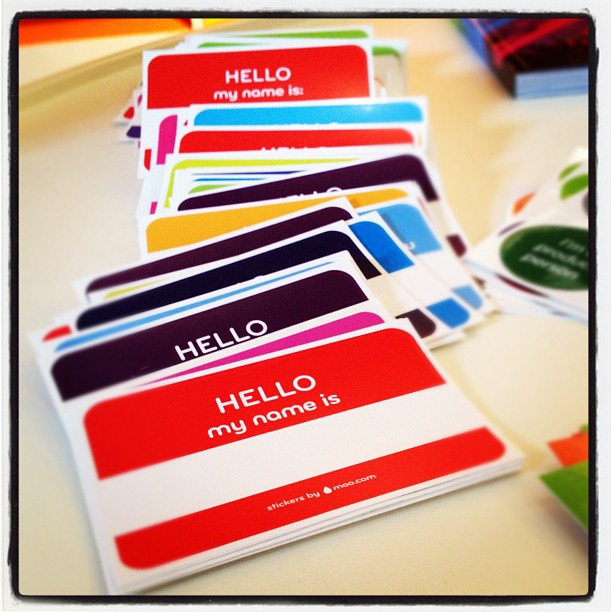
In theory, introducing yourself should be easy. However, this is not the case for everyone. The moment somebody asks “What’s your name?” many people with foreign names are filled with a sense of dread of what is to follow.
Instead of simply stating the name and moving on with the conversation, having a non-English name usually causes a halt. It is almost guaranteed that the next few minutes will be spent saying the name repeatedly — slowly, broken down and explained patiently by the name holder. But at least the conversational partners are trying, and that is appreciated. Unless a comment along the lines of “that’s a mouthful” follows.
Of course, no one can be blamed for not being familiar with the hundreds and thousands of names that exist in this world. But what someone can be blamed for is sheer unwillingness to even attempt to pronounce them correctly. And yet, it is a phenomenon that occurs all too often.
Even at Furman, students with non-anglicized names experience difficulties when stating their names. Frequently, these students’ names will simply be pronounced incorrectly or anglicized in order to save professors and peers the hassle of having to use precious minutes learning how to pronounce a few syllables.
However, this issue is not only present at universities, but also once students move on in life and are in search of a job. In America, people with certain names might face challenges that go beyond the repeated pronunciation guide.
For example, as discovered in an experiment conducted by the National Bureau of Economic Research, job applicants with African-American names are less likely to get a callback than applicants with white names — even if the resume presented had more qualifications for the job.
So even though many might be willing to explain their name at length, it is experiments like these that show additional disadvantages that come with having a foreign or non-white name. As a result, in order to avoid judgement on the basis of a name, it is understandable why people with foreign or non-white names are often inclined to shorten or anglicize them.
But should this really be the solution?
Names are individual and part of a person’s identity. Oftentimes, a foreign name is also linked to a person’s heritage or culture. It is what a person grows up with and responds to. And yet, all of this is disregarded when someone refuses to learn a name.
Should this just be ignored for the sake of a quicker introduction that is not reacted to with frowns, stuttering and derogatory remarks? Should someone feel the need to take on a new, ‘simpler’ name because he or she has to fear not finding employment? Foreign or non-white names are not automatic identifiers for qualifications or intellect. Nor are they there to make fun of.
Next time you meet someone with an unfamiliar name, try to make an effort to learn it. It is almost guaranteed to bring a smile to that person’s face and make him or her appreciate you a lot more. Perhaps if more people tried harder, some of the stigma against foreign and non-white names could slowly disappear.